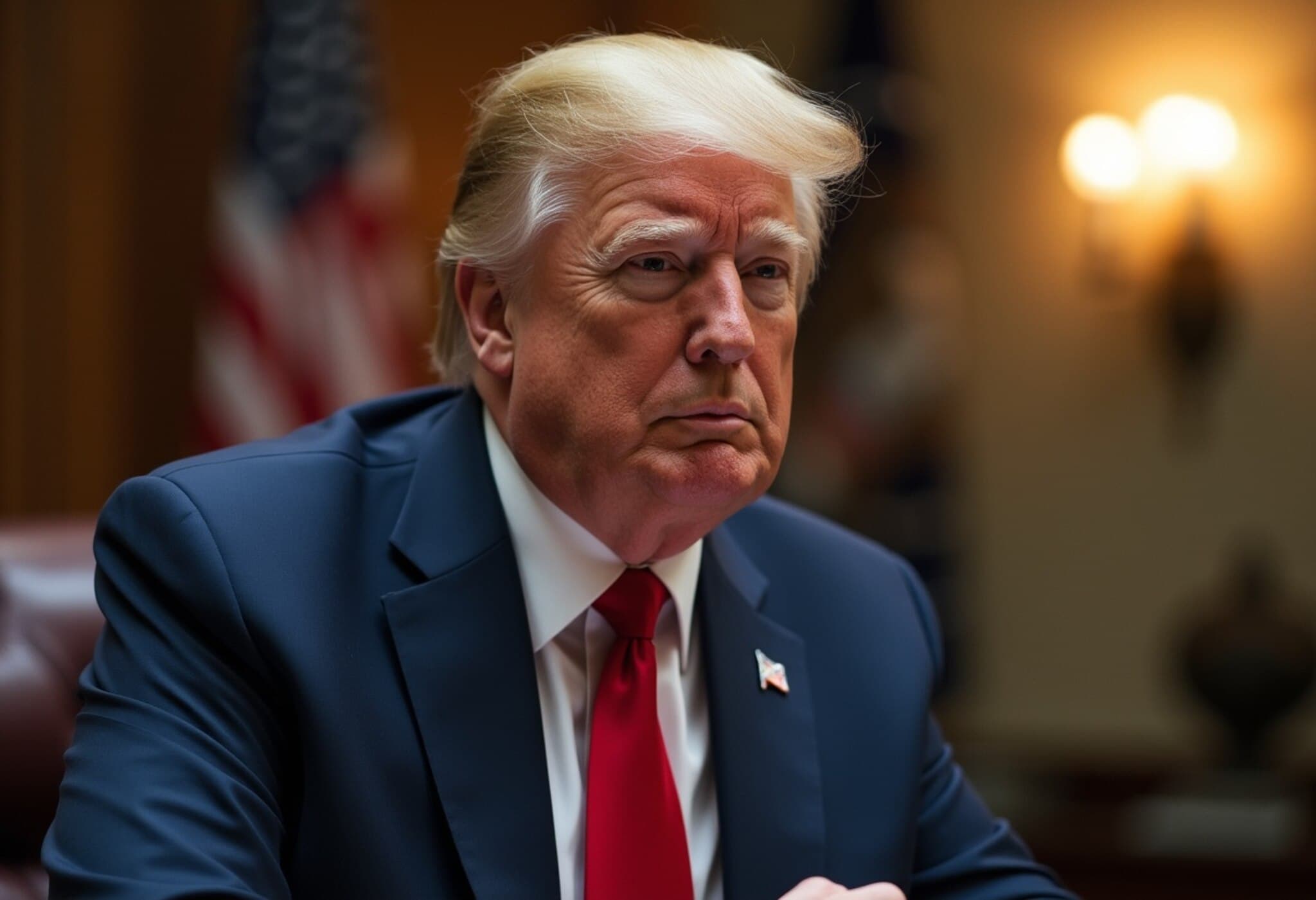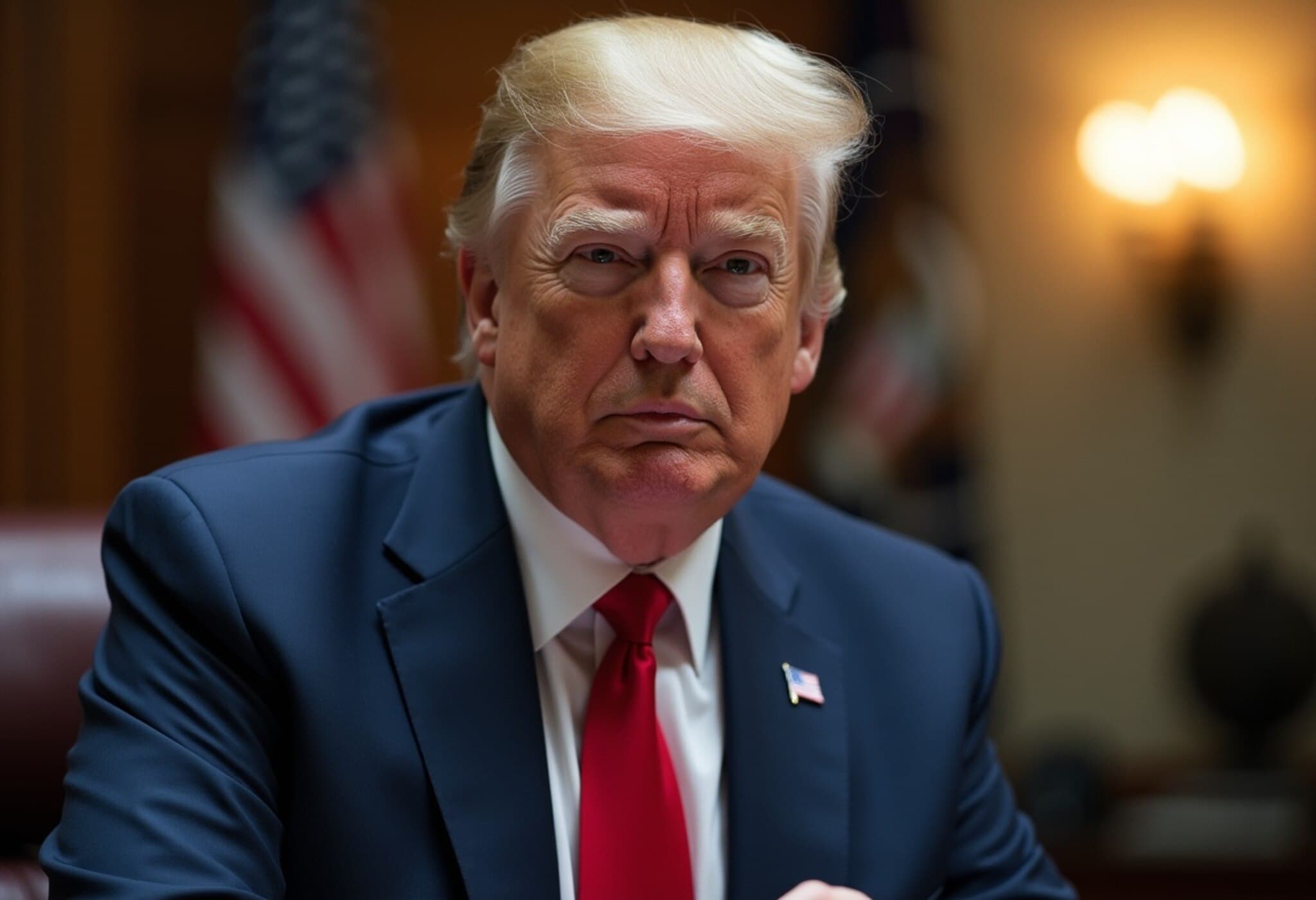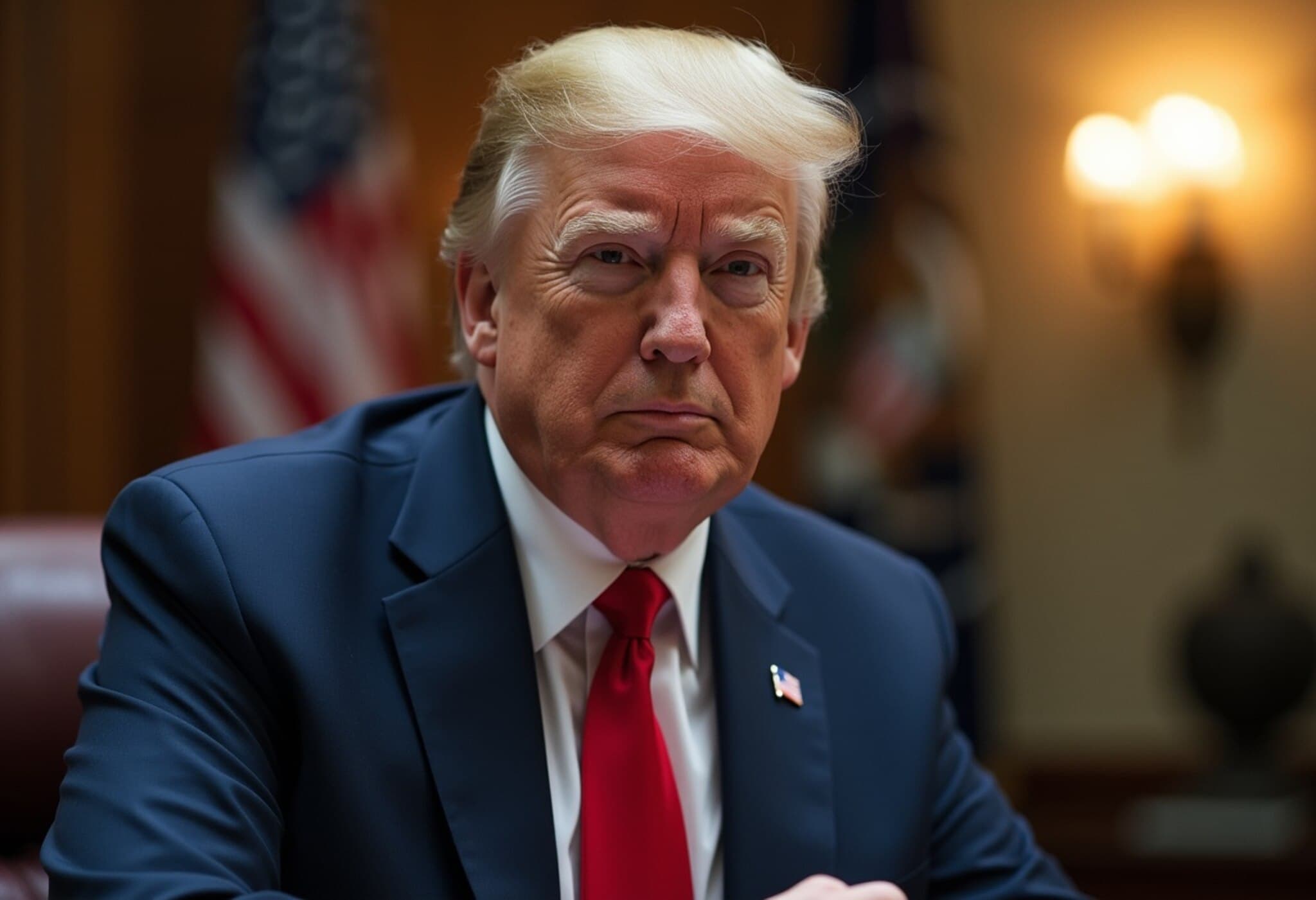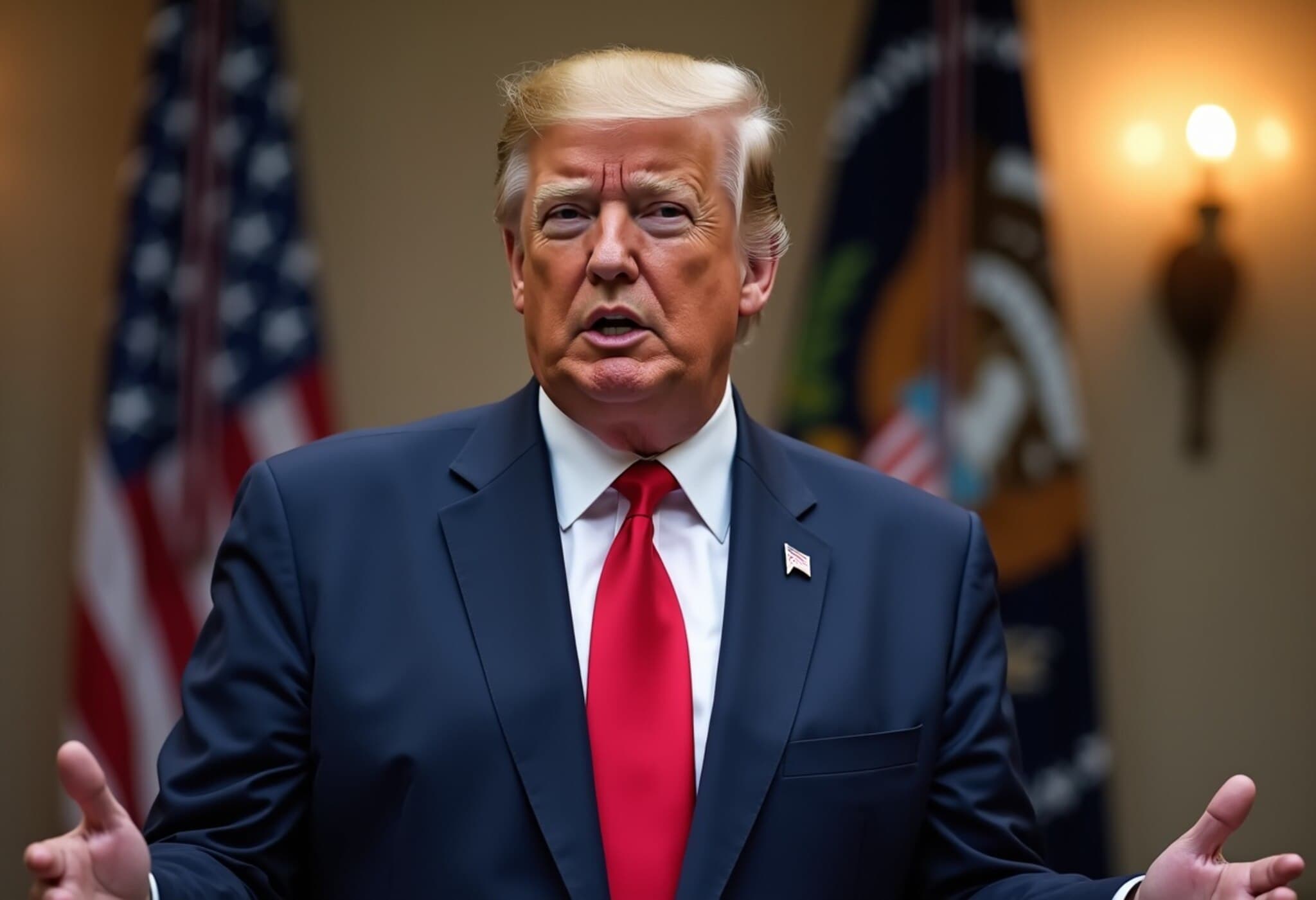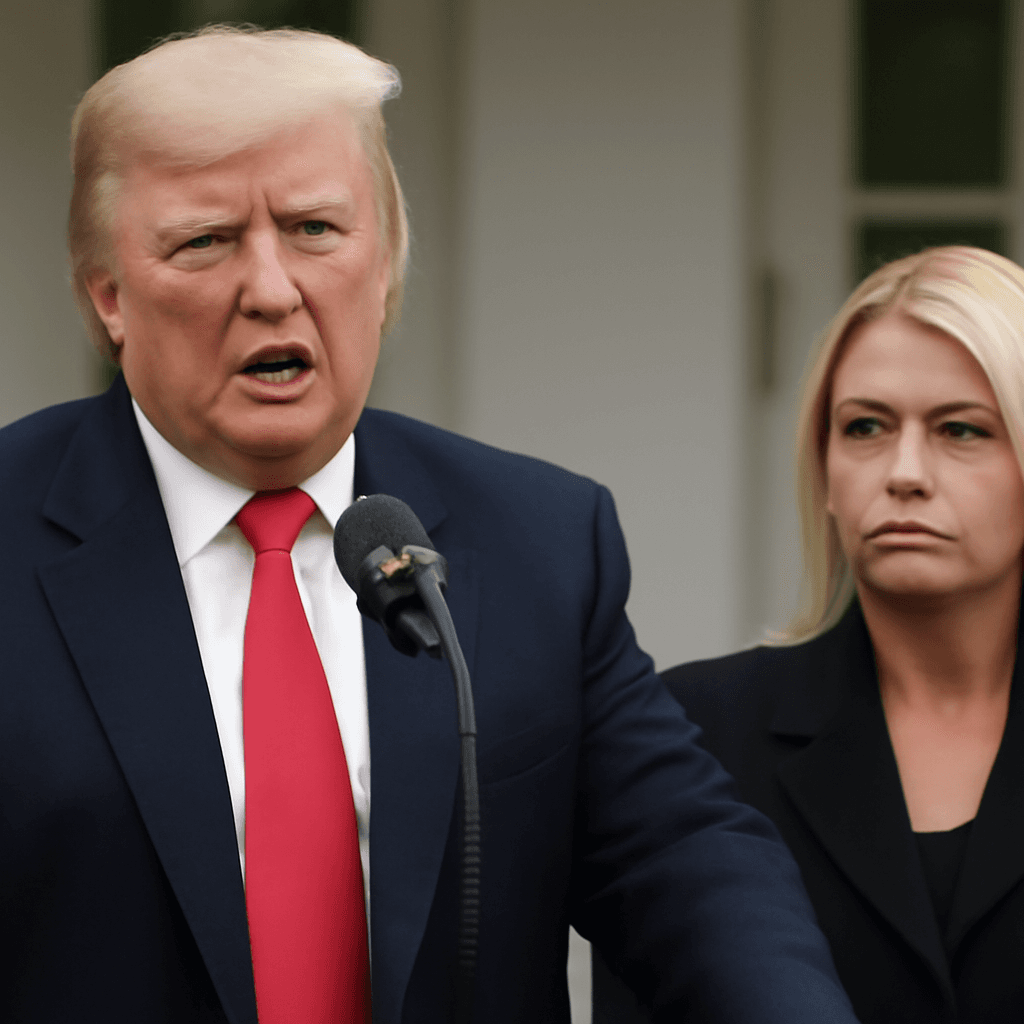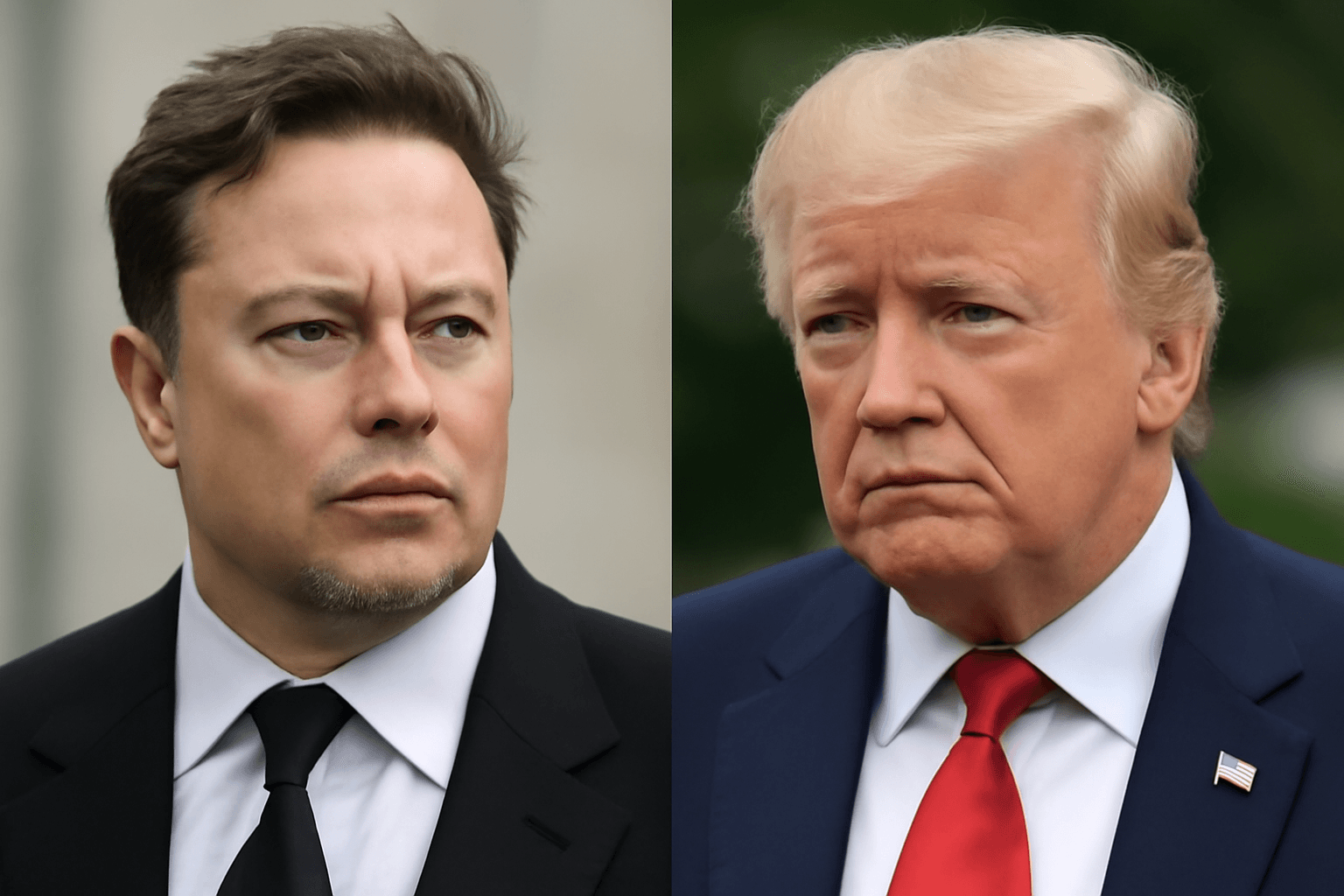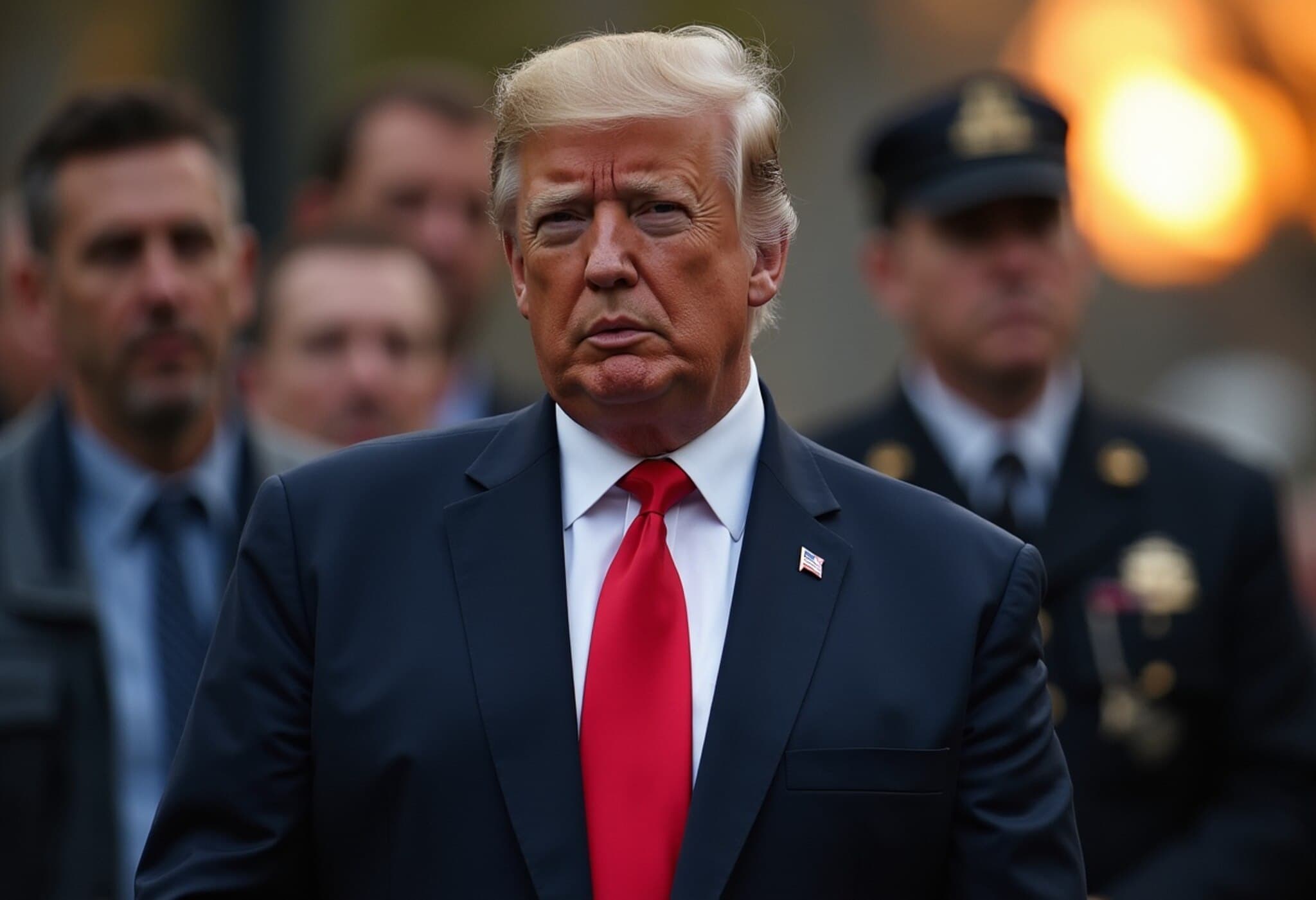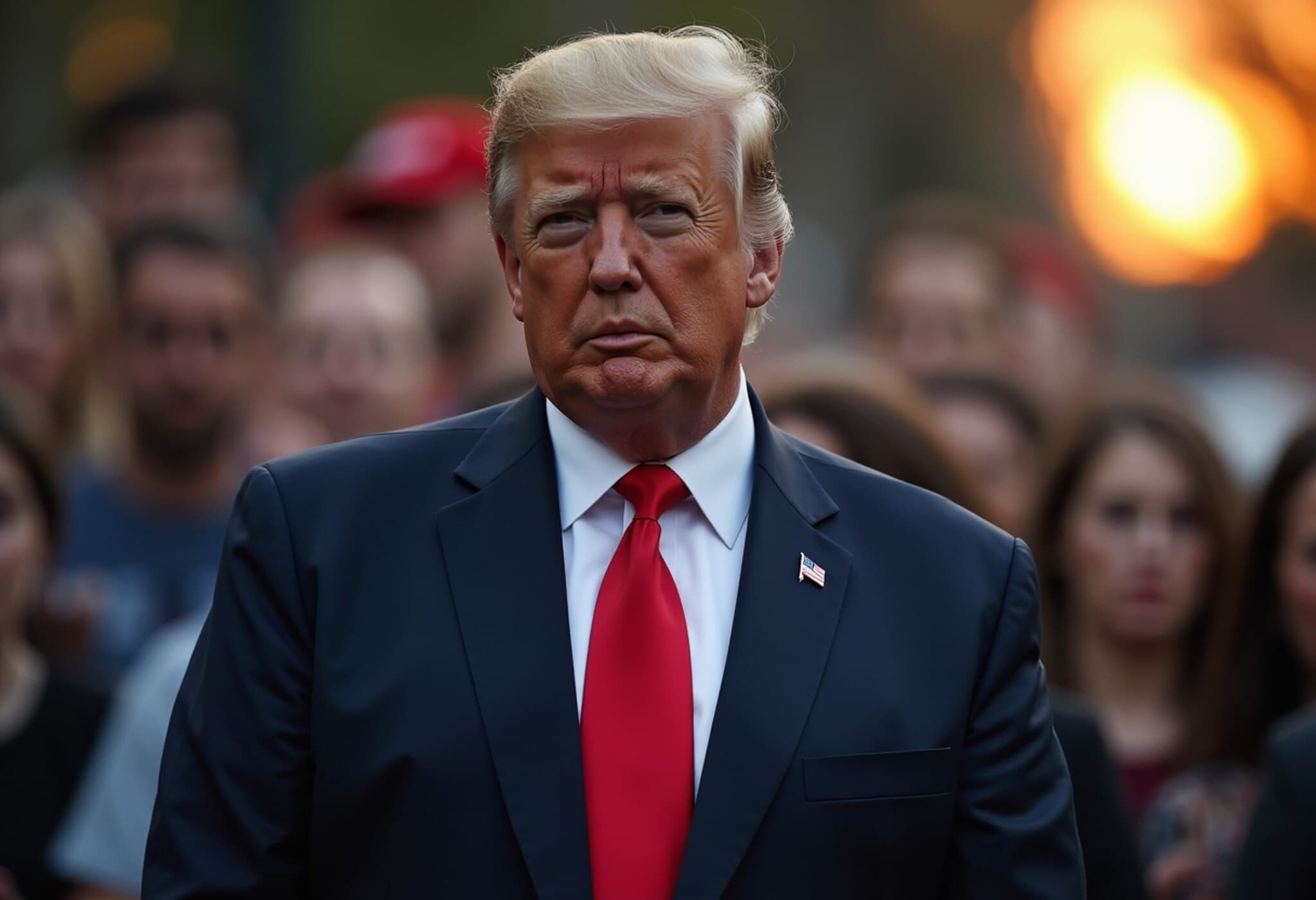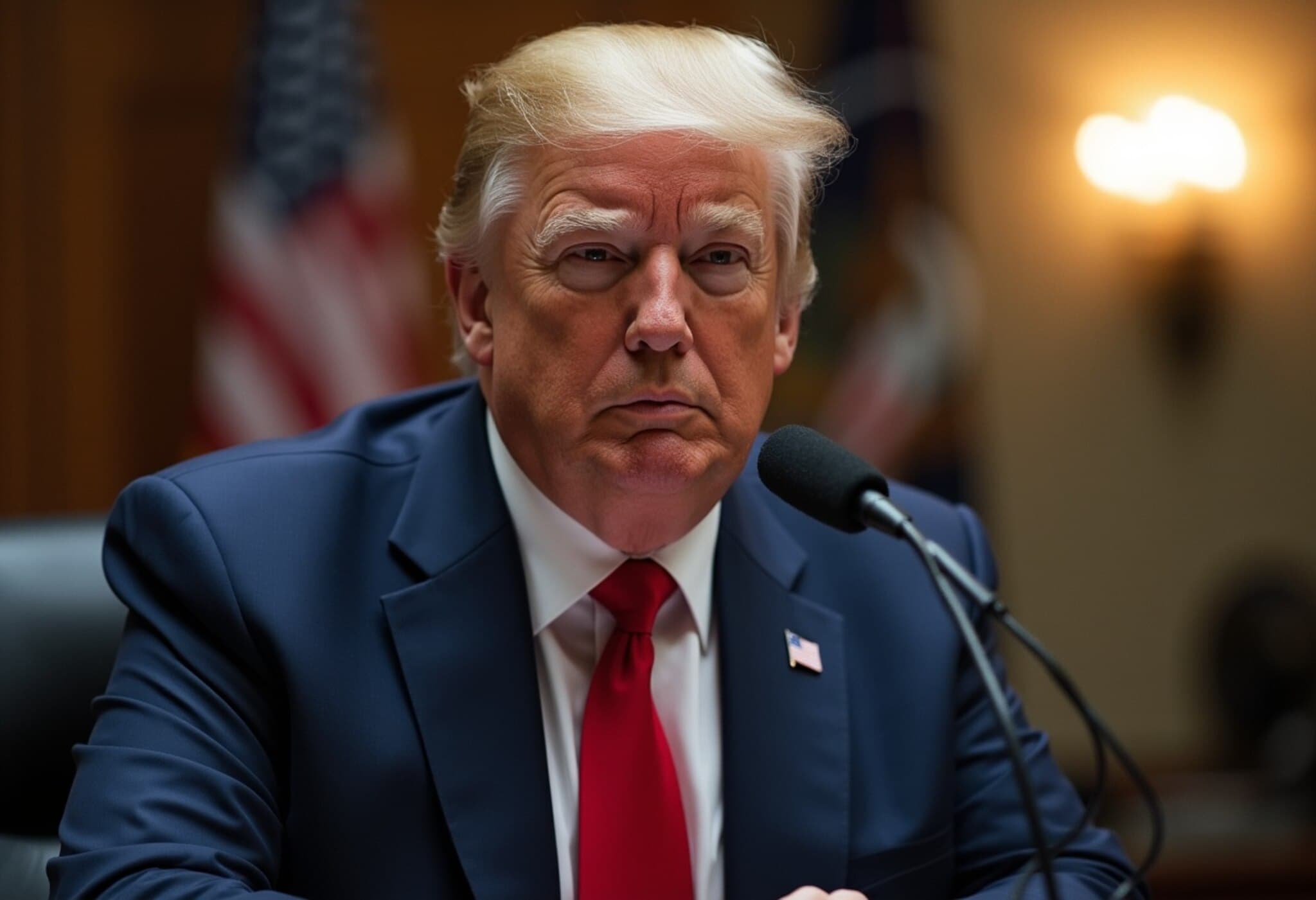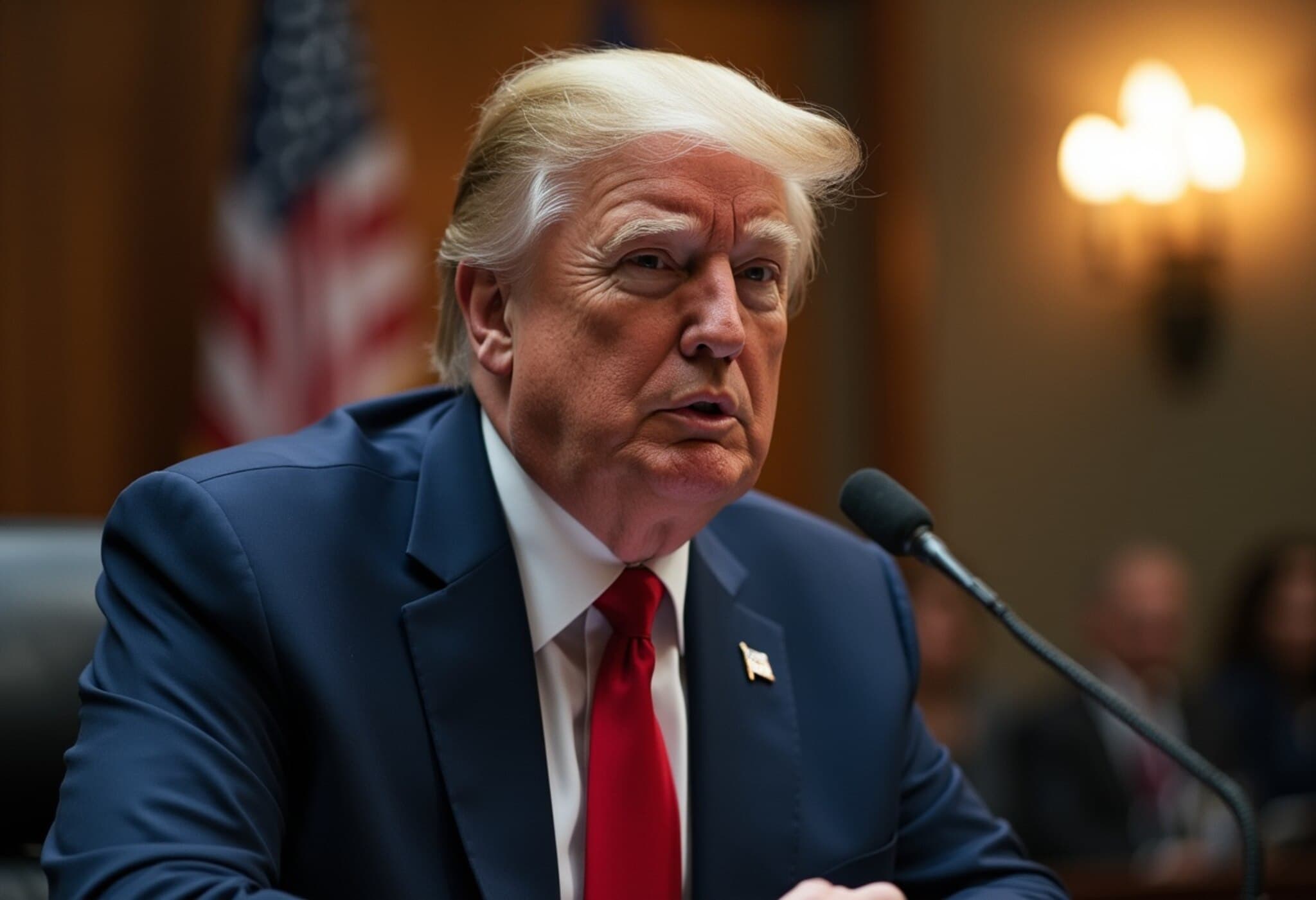Donald Trump Initiates Defamation Lawsuit Against The Wall Street Journal
In a high-profile legal confrontation that underscores the fraught relationship between public figures and the press, former President Donald J. Trump has filed a defamation lawsuit against Rupert Murdoch’s Wall Street Journal. The lawsuit claims that the publication falsely alleged Trump sent a provocative and inappropriate birthday message to the late financier Jeffrey Epstein, who was widely accused of serious criminal offenses.
Background: The Epstein Connection and Media Scrutiny
Jeffrey Epstein, a convicted sex offender who died in 2019 under mysterious circumstances while in federal custody, has been at the center of intense media and legal investigations. His association with many powerful individuals, including Trump, has prompted extensive reporting and public inquiry. The Wall Street Journal published a report suggesting Trump had sent Epstein a message with salacious content, a claim that Trump vehemently denies.
What the Lawsuit Alleges
Trump’s legal team argues that the article contains reckless inaccuracies and damages the former president's reputation by portraying him in a scandalous and unfounded light. The suit emphasizes that these allegations have no basis in verified fact and thus constitute defamation under U.S. law. Experts note that defamation cases involving public figures are inherently challenging, given the high bar set for proving actual malice as established in landmark First Amendment jurisprudence.
Legal and Political Implications
This lawsuit arrives at a moment when the balance between free press and personal reputation is fiercely debated across the United States. Media organizations face growing pressures over how they report on powerful individuals, and lawsuits like Trump’s highlight the ongoing tension in defamation law, especially concerning public interest figures.
Moreover, the lawsuit could reverberate through political and media spheres, potentially impacting how outlets approach sensitive topics involving influential personalities. Critics argue that such legal actions might chill investigative journalism, while supporters believe accountability for erroneous reporting is essential.
Expert Commentary: Navigating Truth and Accountability
From a legal analyst’s perspective, the case will hinge on whether the Wall Street Journal can demonstrate the accuracy of its reporting and adherence to rigorous journalistic standards. As media scrutiny intensifies about misinformation and the protection of sources, this case serves as a pivotal example of the complex relationship between media institutions and their high-profile subjects.
Furthermore, the public’s appetite for transparency about Epstein’s network continues unabated. This lawsuit prompts reflection on broader societal questions: How do we hold media accountable without stifling free expression? What safeguards protect individuals from damaging falsehoods while preserving the press’s essential watchdog role?
Looking Ahead
As this legal battle unfolds, it will be crucial to watch how courts interpret defamation claims in the digital age, particularly involving figures with extensive public exposure. The case promises to be a significant moment for press freedom debates, legal standards for defamation, and the ongoing cultural reckoning surrounding Epstein's legacy.
Editor’s Note:
This lawsuit exemplifies the tension between a free press and the protection of individual reputation in America's democratic landscape. While public figures inevitably invite scrutiny, the boundaries of responsible reporting remain a delicate balance. Readers should stay informed about how this case might reshape journalistic practices and legal protections for both media outlets and individuals caught in the spotlight.

